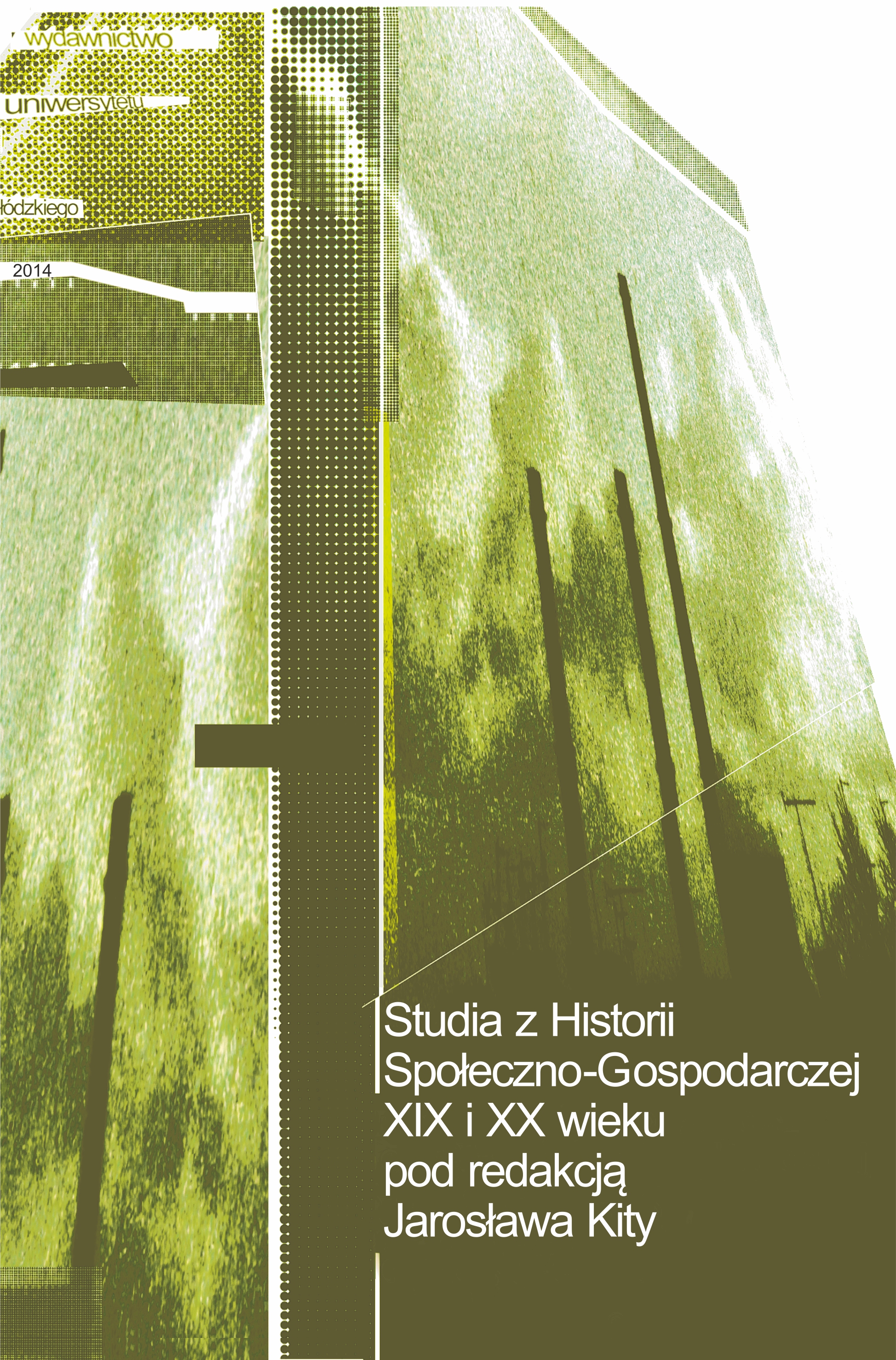The secular and church German choirs in Lodz (till 1939). Organisation – activity – repertoire
DOI:
https://doi.org/10.18778/2080-8313.13.09Abstract
The German community in Lodz cultivated traditional forms of spending time, common in their homeland. The most popular were choirs and up to 1914 there were about a hundred of them in Lodz. The number reduced to 50 between 1918 and 1939. Vocal art and choral singing played a significant role in preserving native language and reinforcing the community national feelings. The German singers associations were egalitarian, since they gathered members with various social backgrounds and vocations. The financial support of German Lodz manufacturers gave opportunities of managing and organising both church and secular choirs without restraints. The experienced professional conductors were hired to work with the singers. The vivid contacts with choirs from Germany were also held. Hence the choirs performed the greatest oratorical and choral musical masterpieces.
Downloads
Published
How to Cite
Issue
Section
License

This work is licensed under a Creative Commons Attribution-NonCommercial-NoDerivatives 4.0 International License.









